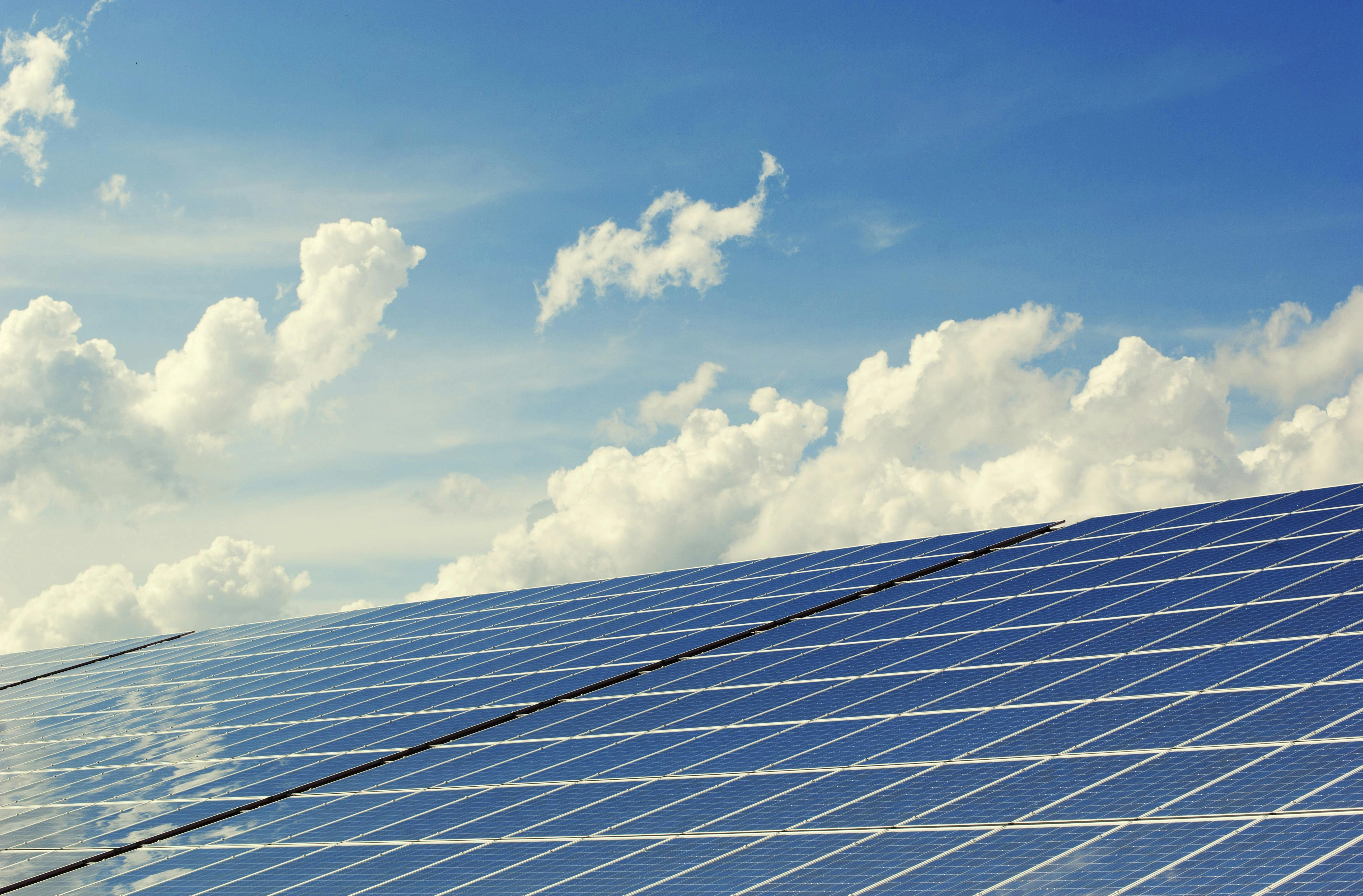Discover Solar Generators: An Ecological and Economical Energy Solution
Looking for a reliable, eco-friendly, and cost-effective power source? Discover solar generators—an innovative solution that's rapidly gaining popularity. This article explores how these devices can provide you with energy independence, whether for your home, outdoor activities, or emergencies, while also being a sustainable and economical choice for a greener future.

How Do Solar Generators Actually Work?
Solar generators operate through a three-step process. First, solar panels collect sunlight and convert it into electrical energy through photovoltaic cells. This DC power then flows through a charge controller, which regulates the voltage to protect the battery. Finally, an inverter converts the stored DC power into AC power, making it suitable for powering household appliances and electronic devices. The entire system works silently and produces zero emissions during operation.
Ecological and Economic Advantages of Solar Generators
The environmental benefits of solar generators are substantial, producing no direct emissions or noise pollution during operation. From an economic perspective, while the initial investment may be higher than traditional generators, solar generators typically pay for themselves through eliminated fuel costs and minimal maintenance requirements. The long-term savings become particularly apparent when considering the 25+ year lifespan of quality solar panels and the rising costs of fossil fuels.
Available Types and Sizes of Solar Generators
Solar generators come in various configurations to meet different power needs:
-
Portable units (300-2000W) for camping and outdoor activities
-
Mid-size systems (2000-5000W) for RV use and small home backup
-
Large installations (5000W+) for whole-house backup power
| Generator Type | Power Output | Typical Applications | Average Price Range |
|---|---|---|---|
| Portable | 300-2000W | Camping, Small Devices | $500-1,500 |
| Mid-Size | 2000-5000W | RV, Partial Home Backup | $1,500-4,000 |
| Large System | 5000W+ | Whole House Backup | $4,000-10,000+ |
Prices, rates, or cost estimates mentioned in this article are based on the latest available information but may change over time. Independent research is advised before making financial decisions.
Selection Criteria and Installation Considerations
When choosing a solar generator, consider these key factors:
-
Power requirements for intended use
-
Battery capacity and type (lithium-ion vs. lead-acid)
-
Number and type of outlets needed
-
Portability requirements
-
Expansion capability
-
Weather resistance rating
Installation varies by system size, with portable units requiring minimal setup while larger systems may need professional installation and permits.
Daily Use and Maintenance Requirements
Solar generators require remarkably little maintenance compared to conventional generators. Regular care includes:
-
Keeping solar panels clean and free from debris
-
Monitoring battery charge levels
-
Checking connections periodically
-
Storing in appropriate conditions when not in use
-
Testing the system quarterly
With proper maintenance, a quality solar generator can provide reliable power for many years while contributing to a more sustainable energy future.




